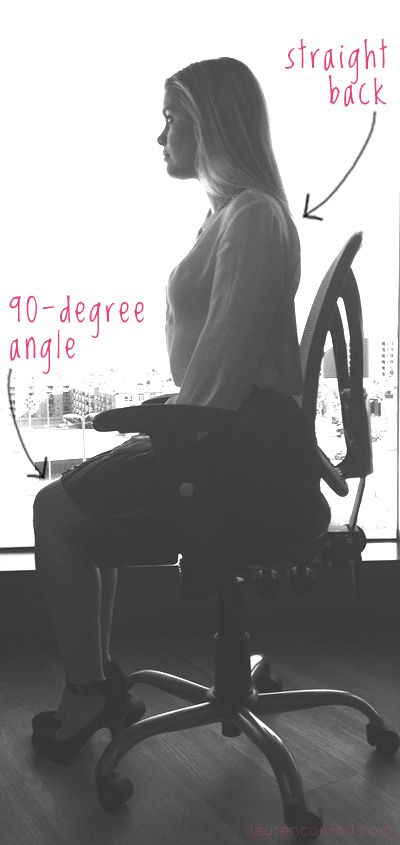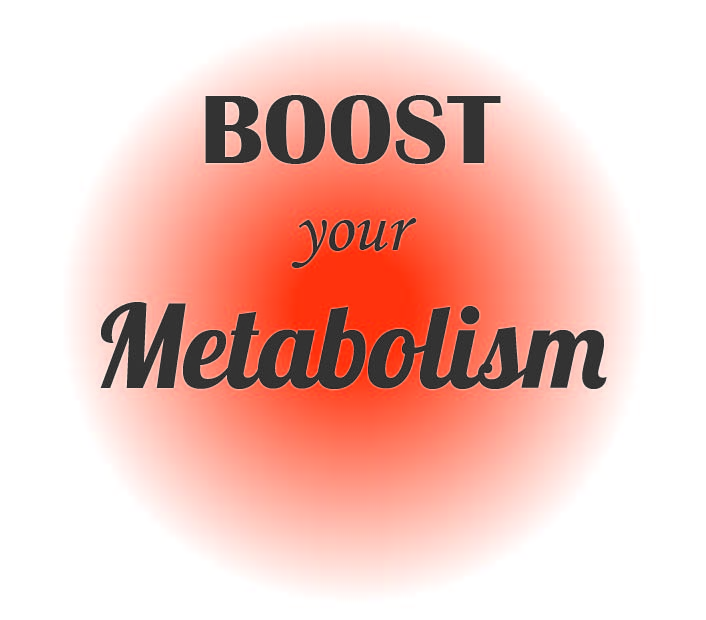Let’s examine the pros and cons of The Paleo Diet.
Unless you’ve been living in an actual cave, you’ve probably heard all about the Paleo diet or the “caveman” diet. Perhaps you’ve tried it. But is this diet healthy and does it actually work? The Paleo diet is based on two main ideas. The first idea is that we’ve adapted to eat certain kinds of food. Second, is that idea that we need to eat like our ancestors if we want to stay fit, healthy and strong–and avoid chronic diseases. The basic Paleo diet includes: animals, animal products, vegetables, fruits, nuts and seeds (as long as they are raw). Many followers of the Paleo diet believe that the change from a hunting and gathering diet (which is rich in fruits and veggies) to an agricultural diet (which is rich in cereal grains) contributed to the chronic diseases many individuals face today, such as obesity, diabetes and cardiovascular diseases. Furthermore, some Paleo dieters believe that Paleolithic hunter-gatherers were robust, healthy, and lived long lives. Additionally, when Paleolithic hunter-gatherers shifted to Neolithic agriculture, they became relatively sicker. Modern hunter-gathers seem to be healthy and their health typically declines when they switch to a modern diet. So, you may ask, what’s the evidence behind this way of eating? Even though a case can be made for this popular trend, there is evidence that hunter-gatherers were not pristine models of health: they certainly harbored parasites and they were also subject to a plethora of infectious diseases. Furthermore, a recent study looked at mummies from societies from all over the world and no matter their lifestyle (farmers, foragers or hunter-gatherers) they all had hardening of the arteries. Another factor that is important to remember is that most modern fruits and veggies are not like the ones our ancestors ate. Early fruits and veggies were bitter, much smaller, tougher to harvest and sometimes even toxic. Over time, we’ve bred plants with the most desirable traits. Likewise, most modern animal foods aren’t the same either. For example, beef steak (even grass-fed) is not the same as bison steak or deer meat and so on. This doesn’t make modern produce or meat “good” or “bad”—it just makes it different. No matter how you look at it, the Paleo arguments don’t seem to hold up. However, this does not make the diet itself “bad”. Perhaps it’s a good diet for different reasons than they say. In the end, the Paleo lifestyle actually gets more right than it gets wrong. Paleo-style eating focuses on whole foods, lean proteins, vegetables, fruits, nuts, seeds, and other healthy fats, which is a huge improvement over the average Western diet. Paleo-style eating has also been very effective for improving a plethora of chronic diseases. Lastly, this way of eating has made us more aware of how much processed foods we actually eat. What’s your take on it? To learn more about this lifestyle visit: http://www.precisionnutrition.com/paleo-diet







